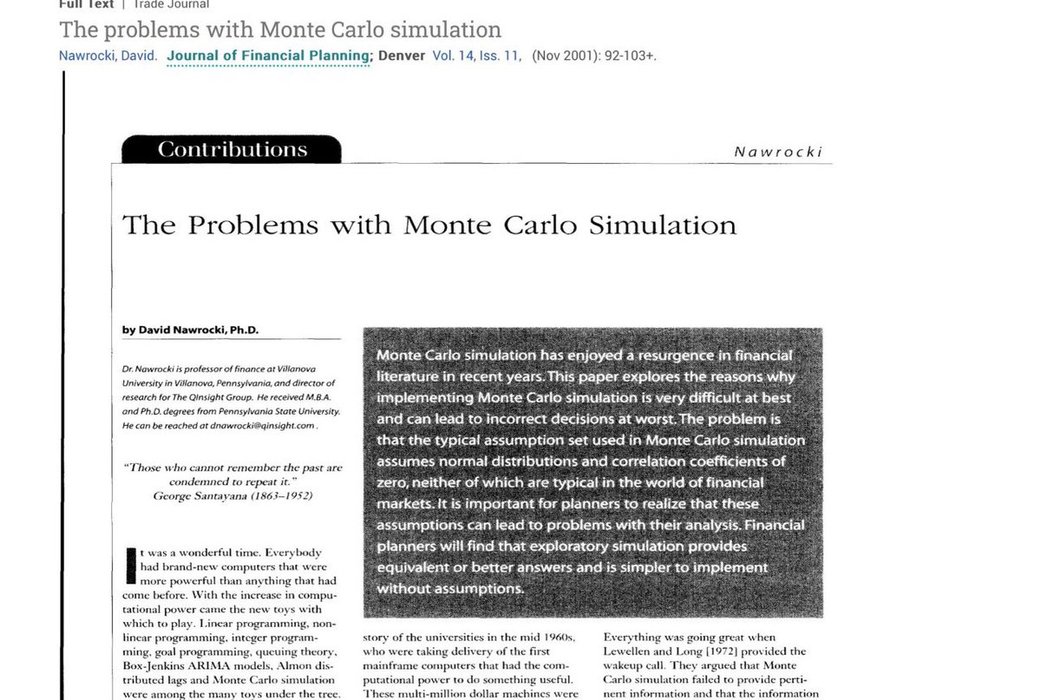Sublime
An inspiration engine for ideas
Election Predictions as Martingales: An Arbitrage Approach
arxiv.org

guaranteed in “deeper” networks with more than two layers, it was possible to build a system that could produce results that were often good enough, opportunistically climbing up the mountain by taking small steps of the right sort, using a technique called backpropagation—now the workhorse of deep learning.*4 Backpropagation works by estimating th
... See moreErnest Davis • Rebooting AI: Building Artificial Intelligence We Can Trust
probability as a guardian of common sense and merely repair its computational deficiencies.
Dana Mackenzie • The Book of Why: The New Science of Cause and Effect
Evidence that LLMs are reaching a point of diminishing returns - and what that might mean
Gary Marcusgarymarcus.substack.com
What Bayes discovered is that, as more and more balls were thrown, each new piece of information made his imaginary cue ball wobble back and forth within a more limited area.
Sharon Bertsch McGrayne • The Theory That Would Not Die: How Bayes' Rule Cracked the Enigma Code, Hunted Down Russian Submarines, and Emerged Triumphant from Two Centuries of Controversy
The real strength of, say, Naïve Bayes is that it provides a small, informative set of features from which to predict the class and a fast, robust way to learn the corresponding parameters.
Pedro Domingos • The Master Algorithm: How the Quest for the Ultimate Learning Machine Will Remake Our World
They asked the students to give them time ranges in which they were either 50%, 70% or 99% sure to finish their paper. Again: They were free to give any answer. But, sure enough, only 45% managed to get their papers done within the time they were sure they had a 99% likelihood to finish it under any condition they regarded as possible
Sönke Ahrens • How to Take Smart Notes: One Simple Technique to Boost Writing, Learning and Thinking – for Students, Academics and Nonfiction Book Writers
There’s something wonderful about how counterintuitive the theorem is. What do you mean, a test being 99 per cent accurate isn’t the same as a 99 per cent chance that it’s right?